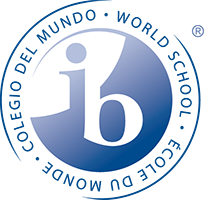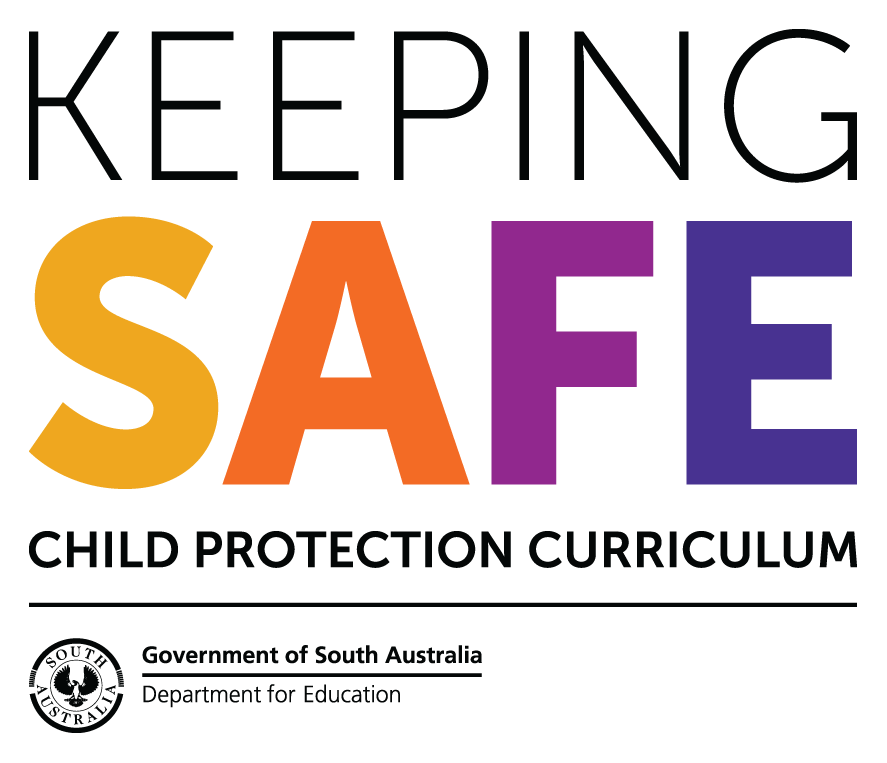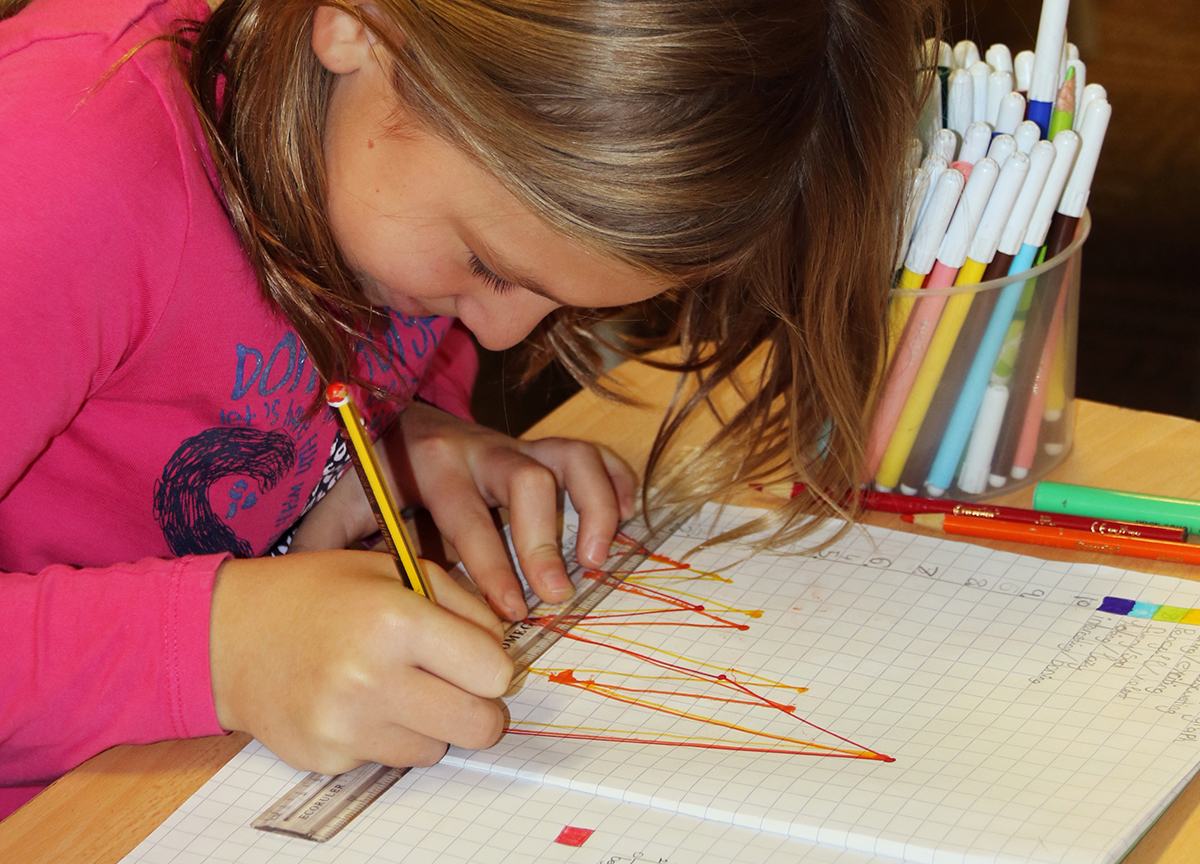 |
Two years ago, teachers and administrators in the Primary school began the journey of adopting the New Zealand Number Framework, in a manner that was consistent with our pedagogical beliefs and addressed the needs of our diverse student population, for the teaching and learning of mathematics.
Over the last two years a team of key teachers have worked together to develop a clearly articulated and vertically aligned mathematics program for the Primary School.
The programme is designed to help teachers understand conceptual developments in students’ thinking and to offer them an effective model for teaching strategic thinking in number. A distinction is made between strategy (the mental processes students use to estimate answers and solve operational problems with numbers) and knowledge (the key items that student need to learn). Strong numerical knowledge is essential for students to broaden their range of strategies. Similarly, using more advanced strategies helps students to develop knowledge.
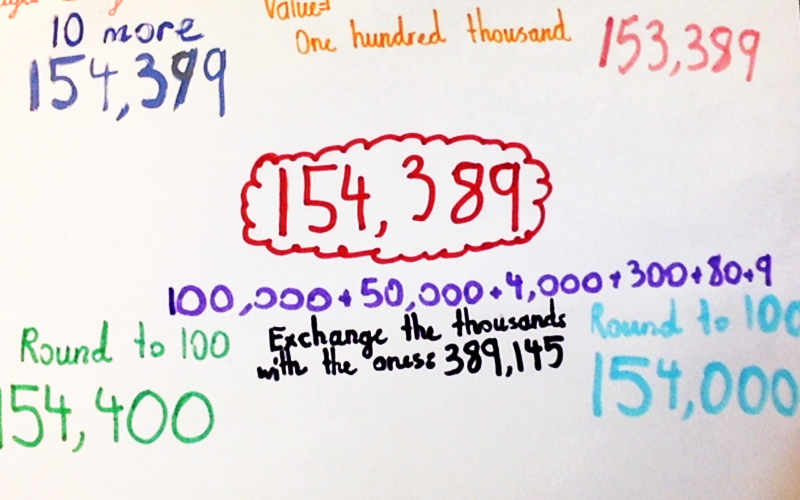 |
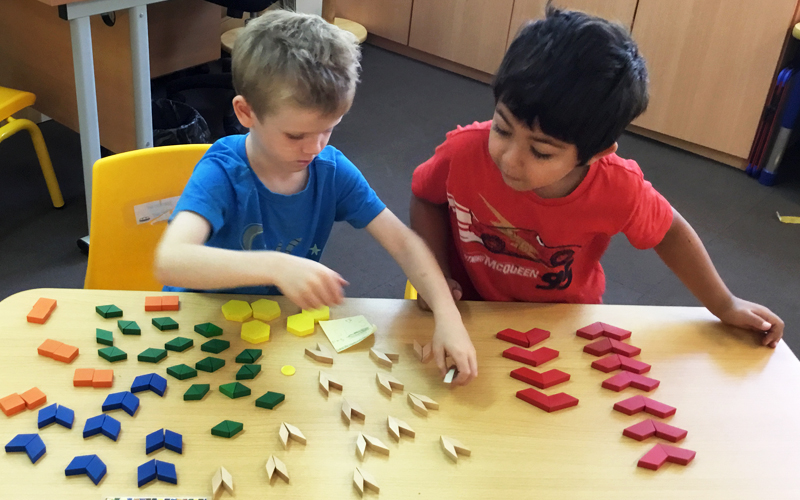 |
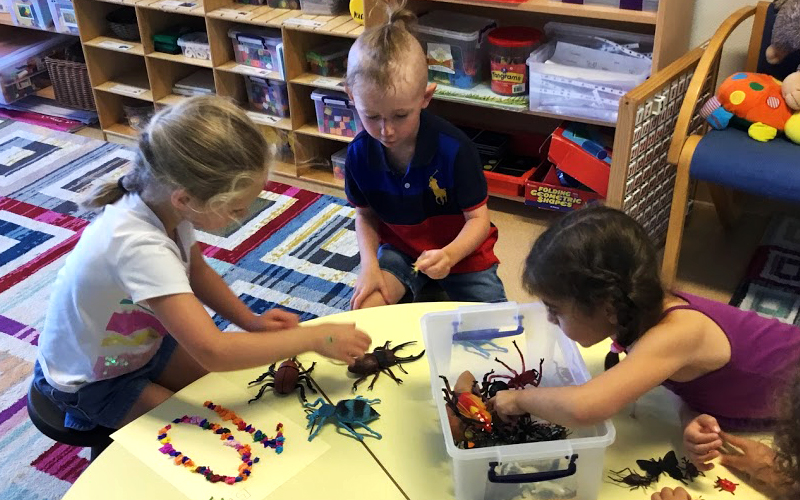 |
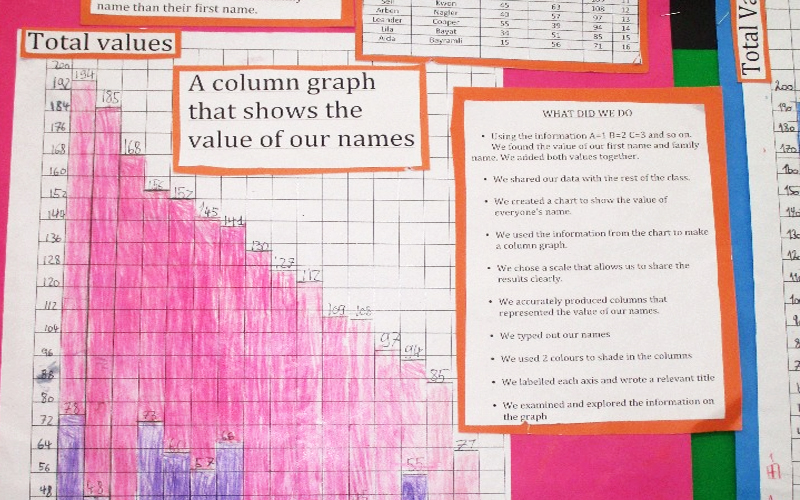 |
Students, teachers and parents are all important investors in each student’s education, and when they work together effectively, the opportunities for a child’s learning grows. For a strong partnership, communication and shared understandings are paramount. It is important for parents to learn about the mathematics taught in the classroom, but it is equally important for teachers to know about children's mathematical experiences at home. Especially in an international setting that embraces a multiplicity of languages and prior curricula.
Students can become frustrated if their parents “don't seem to know how to work out a problem the way they do it at school”. Understandably, there have been many changes to the ways teachers teach mathematics, in particular, number. Teachers are encouraged, for example, to move away from their formal style of teaching and to tap into children's thinking, asking questions such as:
|
|
Children are encouraged to talk among themselves about the mathematics, to share their ideas, and to generalise their understandings. In this way they are asked to model increasingly complex thinking processes through “thinking aloud”. Interacting through your child’s Seesaw digital learning journal, attending open houses and parent conferences are all ways you can find out more about teaching and learning in mathematics at TISA. In addition this link to the family section of the NZMath website may help to further foster connection between home and school.


